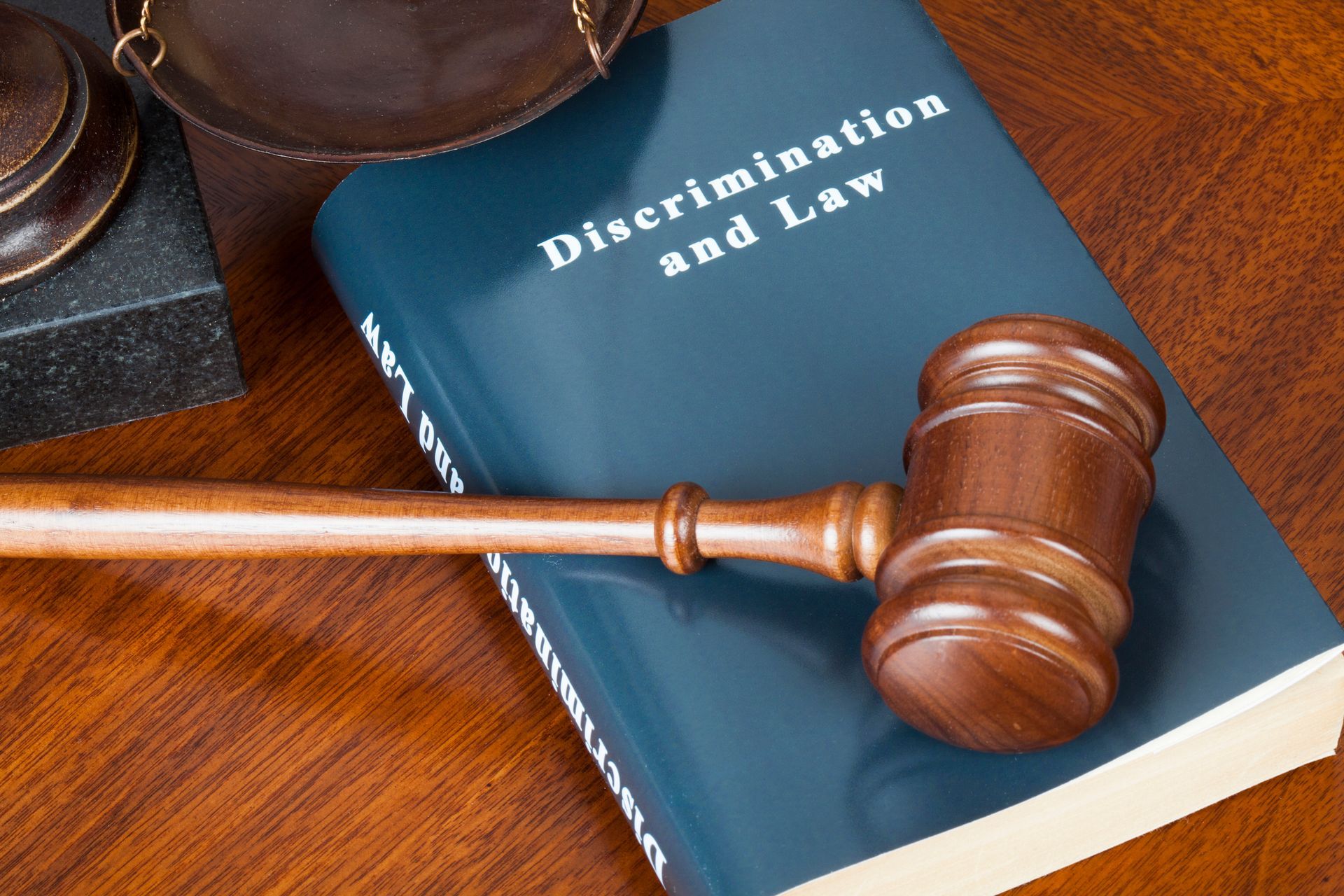Had a Baby? Know Your Rights in the Workplace

Most workers know that their employer can’t discriminate against them when they’re pregnant. But what about the period after having given birth to a baby? Do you have any special rights during the post-partum period of your life? The answer is yes, and here are a few of the ways that you have extra protection after becoming a parent.
1. Unpaid Leave
There is no single provision for paid maternity (or paternity) leave in the United States, but you do have a few options to get your own leave. If you work for an employer that offers paid leave, you may be able to use vacation time or sick time in order to spend some time with your new child. A few employers also go above and beyond by offering their own maternity leave program.
Most employees have the right to use FMLA (Family and Medical Leave Act) rules to take unpaid leave (and sometimes you are forced to use FMLA leave and paid leave simultaneously). To use FMLA, your employer must be subject to FMLA rules (for example, does the company have 50 or more full time employees) and you must qualify (1,250 hours or more in the past twelve months), such as by working for at least a year for this employer. FMLA generally stipulates that your employer must allow up to 12 weeks of unpaid leave to new parents.
2. Breast Pumping
If you need to manage breast milk pumping or lactation issues while at work, your right to do so is guaranteed by the recent Fair Labor Standards Act amendment. In this fairly new statute, employers must generally provide a safe and private location for those who need to pump or breastfeed. This location should be something other than a bathroom, and the protection may be extended up to a year.
Of course, to take advantage of this provision, you will also need breaks in which to do so. Your employer will be required to provide reasonable breaks as they would otherwise do under your terms of employment. And the employer cannot engage in harassment or allow harassment over this issue.
3. Pregnancy-Related Health Problems
As pregnancy progresses, some soon-to-be parents have unusual health issues that need to be accommodated. This might include gestational diabetes, serious morning sickness, or blood pressure changes. But you may still have medical issues after giving birth, and your employer must treat these the way they would other serious medical problems.
Employees who have a temporary disability — whatever the root cause — are protected under the Pregnancy Discrimination Act (ADA) and usually must be allowed reasonable accommodation so long as the same accommodation is provided to non-pregnant individuals. A post-surgical new parent might need accommodations like the ability to sit instead of stand or help with certain tasks.
Written notes from your doctor could be required and the accommodation must be considered reasonable — not a cause of undue hardship to the employer. And, as with FMLA, your employer must be subject to this provision.
4. Future Family Plans
If you are planning or even considering having another baby, you do have some built-in rights long before you actually become pregnant.
The Pregnancy Discrimination Act prohibits employers from discriminating against anyone based on their pregnancy history or future plans. They cannot deny you a job, a promotion, or a raise based solely on the likelihood that you will get pregnant, for instance, or that you already have children. And they cannot allow a hostile work environment based on any pregnancy matters either.
When you understand your rights both before and after giving birth, you can better enjoy this special time in your life. What if you think your rights are being violated? Start by consulting with a workplace attorney in your area. Allen D. Arnold Attorney at Law can help. Call today to schedule an appointment.
Alabama Rules of Professional Conduct Notice: No Representation is made that the quality of legal services offered is greater than that of other lawyers. The information contained on this website is not a substitute for legal advice, and reading it does not create an attorney-client relationship.









